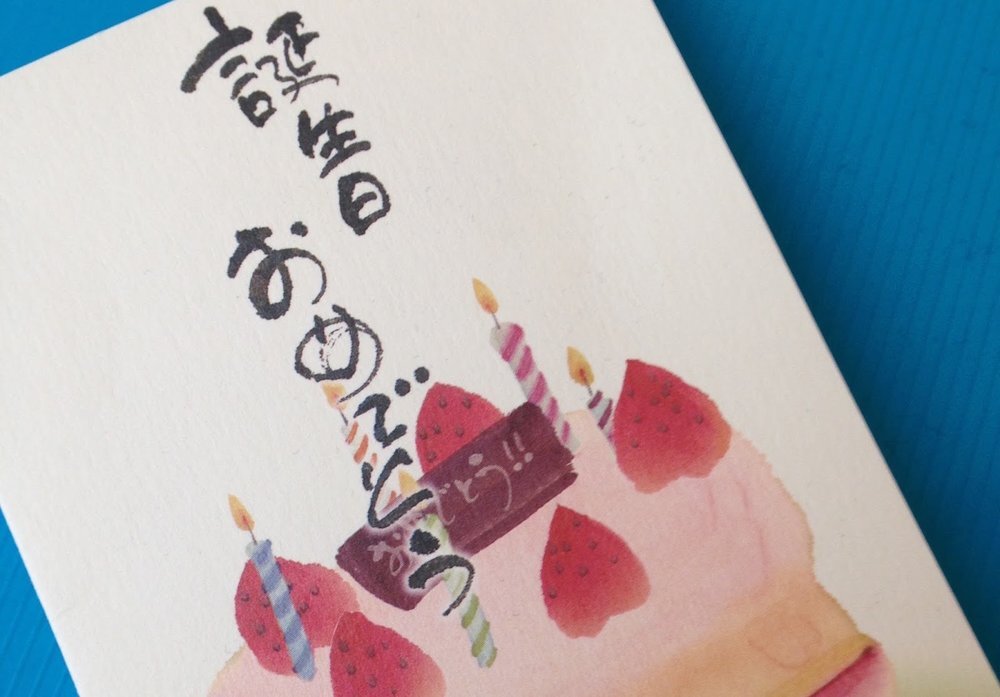

During pretrial hearings in 2015 one day before a scheduled ruling, in fact Nelson and her lawyers discovered evidence that WMG's copyright claim was likely invalid thanks to the discovery of documents " mistakenly held from them" by WMG, including a book published in 1922 titled The Everyday Song Book.


To secure the rights to the song and ensure the documentary would be made, Nelson had to pay $1500, which she claimed was unreasonable. In 2013, a lawsuit was filed against Warner/Chappell Music by Jennifer Nelson, whose production company, Good Morning to You Productions, was filming a documentary about the song and its history. "Happy Birthday", however, had a loophole in that a separate copyright claim was filed in 1935, and Patty Hill (the last living original rightsholder) died in 1946. United States copyright law states that almost everything published before 1925 is in the public domain by default. note This makes very little sense because the first publication of the lyrics was around 1911. This case of copyright laws run amok was often subject to Lampshade Hanging, which was really all anyone could do, as WMG was expected to hold the rights to the lyrics until 2031 at the earliest. note However, given that only the lyrics were under copyright, another Klingon phrase set to the same tune would be fair game. Even foreign language translations were not exempt - Star Trek writers found out that even showing it in Klingon would cost them. The fact that you could've been sued for realistically portraying an Anglophone birthday party is mind-boggling. This little ditty - based on another melody, sung thousands of times a day around the world, and only containing six words - was subject to legal scrutiny for decades. This is all in stark contrast to the real world, where singing anything other than "Happy Birthday To You" is almost unheard of except when the singers were the waitstaff of certain chain restaurants, for exactly the same reason as media. To avoid fees and/or lawsuits, productions typically either substitute a public domain folk song - "For He's a Jolly Good Fellow" is one example (British shows may use "A Fine Old English Gentleman" instead), or they just make up their own lyrics which may or may not use the actual melody.


 0 kommentar(er)
0 kommentar(er)
